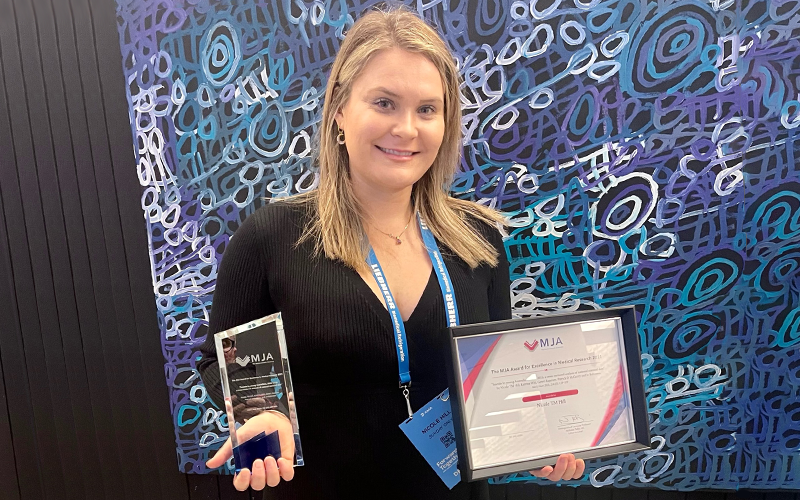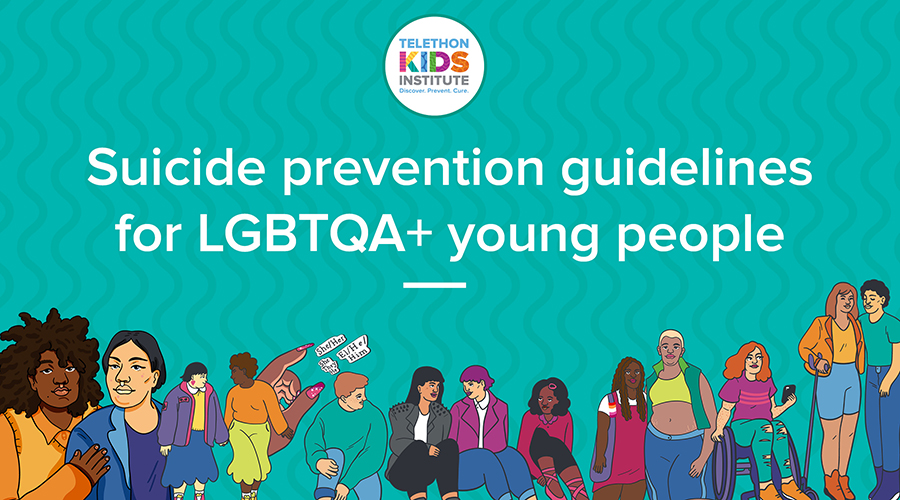Search
Research
The Facilitation of Acceptance in Trans and Gender Diverse Young PeopleHelen Yael Morgan Perry BA (Hons), Doctor of Psychology BPsych (Hons) MPsych (Clin) PhD Senior Project Coordinator Head, Youth Mental Health 08 6319
Research
The impact of top surgery: a longitudinal cohort study of dysphoria, mental health, and quality of life of trans Australians following top surgeryThis project aims to investigate the long-term impacts of top surgery – a term encompassing both chest reconstructive surgery and breast augmentation – on gender dysphoria, mental health, well-being and quality of life in trans and gender diverse individuals.
Research
Training Service Providers to work with Aboriginal and Torres Strait Islander LGBTQA+ youthThe goal of this project is to is to increase capacity of ACCO staff to work with Aboriginal and Torres Strait Islander LGBTQA+ youth and their families, with the longer-term goal of improving health service access among this population.
Research
Trans Pathways 2Trans Pathways is set to receive an update ahead of the ten-year anniversary of the release of this seminal study from The Kids Research Institute Australia.
Research
Upskilling Service Providers on LGBTQA+ Suicide PreventionThis project aims to implement LGBTQA+ youth suicide prevention guidelines in clinical and community services in Western Australia.
Research
Virtual Reality Integrated Social Recovery (VISOR)As well as specific symptom clusters, psychosis effects important non-symptom domains including social cognition and social-occupational functioning.
Research
Walkern Katatdjin (Rainbow Knowledge)Shakara Yael Bep Liddelow-Hunt Perry Uink BPhil(Hons) BPsych (Hons) MPsych (Clin) PhD BPsych(Hons.), MAppPsy(Clinical), PhD Research Assistant; PhD

News & Events
Mental health researcher recognised in prestigious publication awardDr Nicole Hill and a team of co-researchers from Orygen have received the 2021 Medical Journal of Australia (MJA) award for Excellence in Medical Research.

News & Events
Suicide prevention guidelines to drive better services for LGBTQA+ young peopleResearchers have developed Australia’s first comprehensive guidelines for clinical and community services supporting LGBTQA+ youth.

News & Events
Poor access to mental health services linked to suicide hotspots: studyCommunities with poor access to mental health services are eight times more likely to be youth suicide hotspots, according to new The Kids Research Institute Australia research.
